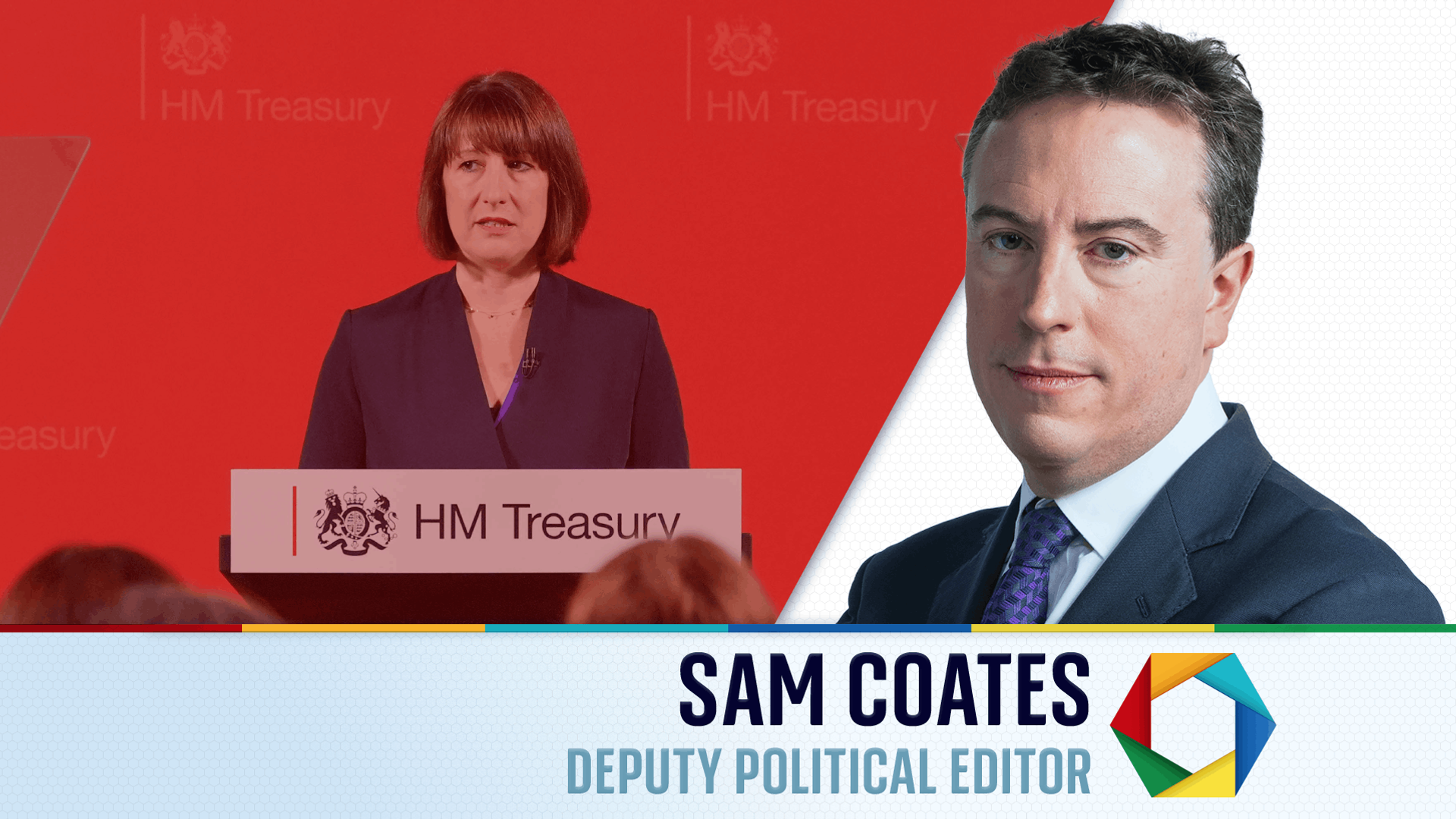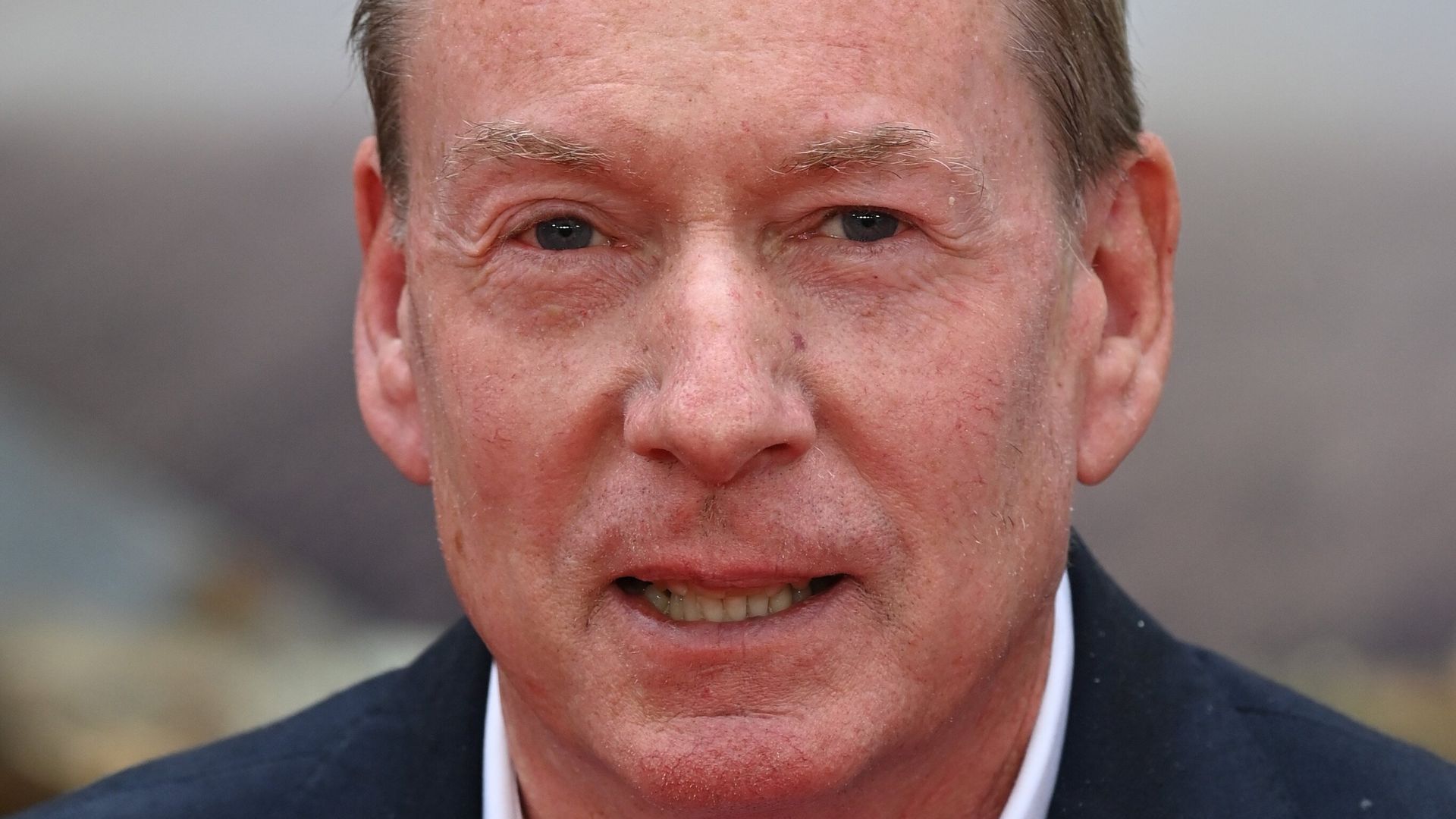Rachel Reeves’ statement on Monday was about using the past to justify the future: marking the most significant deviation from the platform for government which Labour spent months preparing and communicating to voters.
The general election was barely a month ago, yet here was a chancellor already unveiling a string of massive spending cuts, above-inflation pay awards and signalling tax rises from October – none of which were spelt out in Labour’s manifesto.
As well as showing a government prepared to go well beyond the promises it campaigned on, the Commons speech also revealed what happens when the chancellor is forced to make tricky trade-offs.
Ms Reeves promised to pay billions more on public sector pay to the tune of £9bn, not only granting the 5.5% awards suggested by independent review bodies, while also cutting winter fuel payments from all but the poorest pensioners.
A weighty and substantial package from the chancellor, but was there too much obscuring the main political imperative? And did the decision to spend £9bn on higher public sector wage packets undermine her claim finances are eye-wateringly tight and more difficult decisions are needed?
Politics latest: New policies not in manifesto ‘appear from nowhere’
The main point of the speech was to hammer home to voters the claim that the Tories let the economy run out of control in the months leading up to the election, framing an argument they hope to still use by the time of the next election.
Strong tax rise hint as Reeves says there will be ‘more difficult decisions’ to come at budget
Rachel Reeves announces first Labour government budget to take place in October
Key things to watch for as Chancellor Rachel Reeves announces spending cuts
Inside Whitehall, some wanted to spread the news over more than one day – set out the size of the black hole and release the Office for Budget Responsibility letter revealing they are probing who knew what on Monday, then leave the spending cuts for a later date.
However, I’m told that officials advised them this would not be wise: one source claimed the Treasury feared that the situation was so bad that there might be an adverse market reaction if they did not announce the spending cut immediately.
Please use Chrome browser for a more accessible video player
As a result it all came on Monday, allowing critics to seize on the trade-offs: putting the two million pensioners which Age UK says are unable to afford the loss of this benefit ahead of the millions of private sector workers whose pay packets have been squeezed by inflation. Let’s see if that muddies the waters.
Make no mistake, this is not the worst of what Ms Reeves will have to announce.
Of the £21.9bn black hole, the spending cuts only generate just £5.5bn this year.
This means £16.4bn needs to be found just this year alone – something that will have to come from tax rises, welfare curbs and spending cuts announced on 30 October in the budget.
This is a hefty sum, and comes before she takes into account the knock-on effect of the spending shortfall in future years, and how that must be accounted for.
Keep up with all the latest news from the UK and around the world by following Sky News
Be the first to get Breaking News
Install the Sky News app for free
Ms Reeves also confirmed they are yet to factor in the one-off big compensation schemes like contaminated blood and the Post Office scandal, that will generate multi-billion further holes that need to be filled. None of this looks pretty, which is why they hope voters will have noticed and taken on board the grim tone.
The bigger question though, is when this government can pivot to start announcing good news.
Read more:
Chancellor’s key funding gap accusations and what she plans to do
If Kemi Badenoch becomes Tory leader, it’ll be a bumpy ride
Monday’s announcement marked – in many ways – conventional Treasury accounting to solve problems, shelving road schemes and building programmes to balance the books.
But could this be seen as short-termism, could it hit growth from a government that wants to be seen doing everything it can to generate tax revenue in the near term to better fund public services eventually?
In the parliament that began in 1997, Tony Blair’s government was able to continue to blame its Tory inheritance all the way through to the following election in 2001.
On Monday, Ms Reeves played the role of Gordon Brown in that endeavour, also with her eye on the next election. Was the message as clear and coherent as that, and will it insulate her when the political honeymoon is over?






